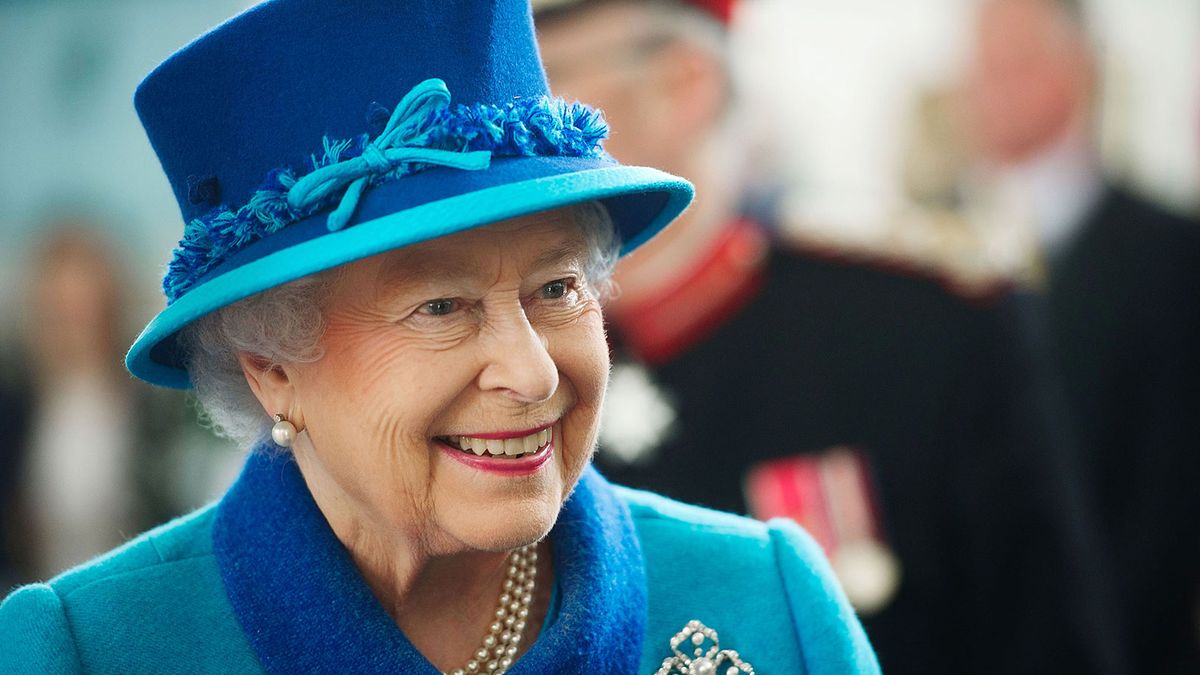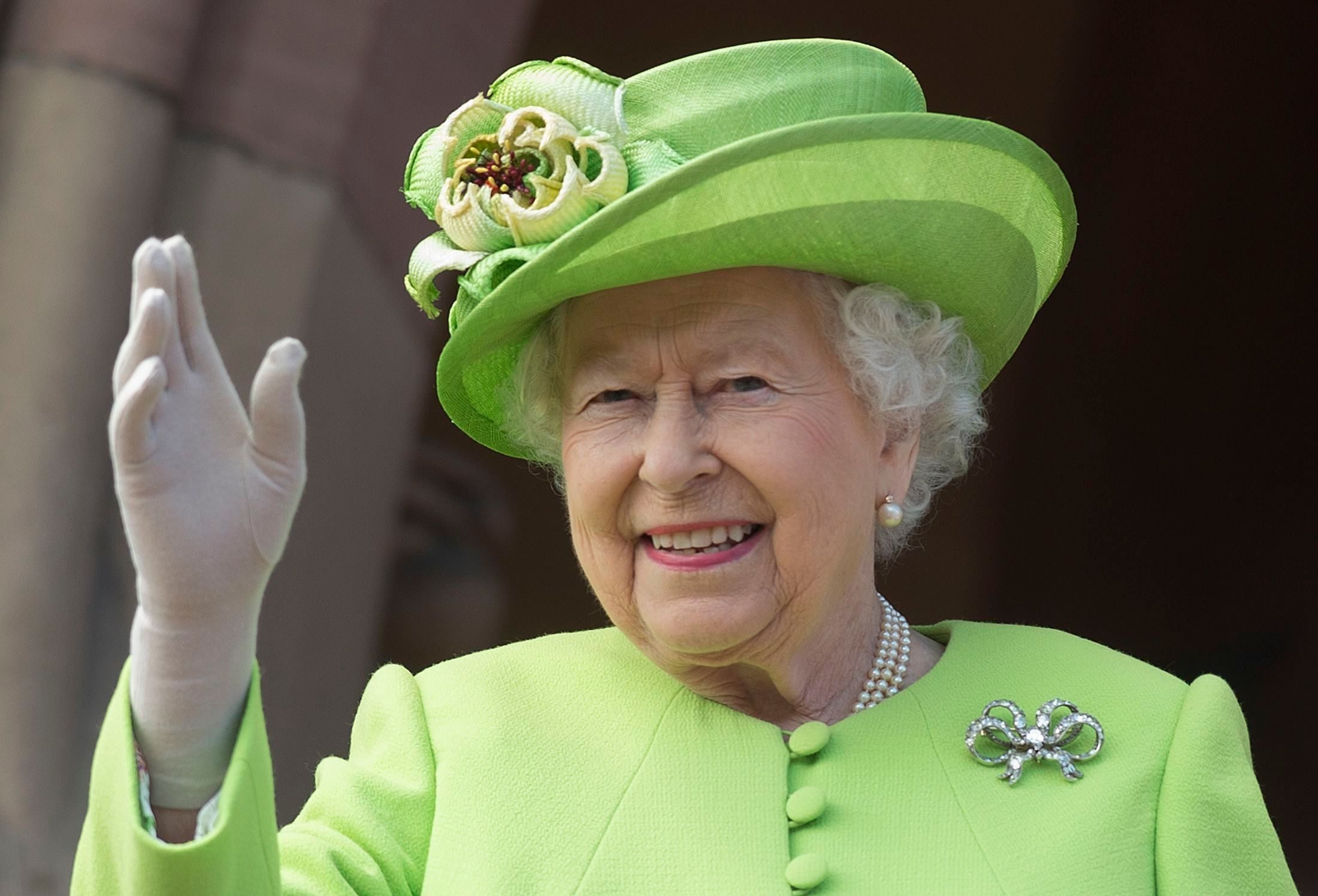
The Queen of England is one of the most recognizable figures in the world. She has been the head of state for over 60 years and is the longest-reigning monarch in British history. But what power does the Queen actually have? In this article, we will explore the different aspects of the Queen's power and how it affects the United Kingdom.
The Crown

The Queen's power comes from her position as the head of state and the symbolic role of the Crown. The Crown represents the authority of the state and is the source of legal and executive power. The Queen has the right to be consulted, to encourage and to warn her ministers, but she must remain politically neutral and not interfere in the workings of government. She has the power to appoint and dismiss ministers, judges and other officials, but these powers are exercised on the advice of her government.
The Royal Prerogative

The Royal Prerogative is a set of powers and privileges that the monarch has by virtue of their position. These include the power to grant pardons, to confer honors and titles, to regulate the armed forces and to declare war. However, many of these powers are now exercised by the government or have been abolished altogether.
The Role of the Queen in Parliament

The Queen has a formal role in the functioning of the British Parliament. She opens and closes each session with a speech that outlines the government's plans for the coming year. The speech is written by the government and is a summary of their legislative agenda. The Queen also gives her assent to bills that have been passed by the House of Commons and the House of Lords, which makes them law.
The Queen's Role in Foreign Affairs

The Queen has a ceremonial role in foreign affairs. She receives foreign ambassadors and heads of state on behalf of the British government. She also represents the UK at international events and visits other countries on state visits. However, her role in foreign affairs is largely symbolic, and she does not make foreign policy decisions.
The Queen's Role in the Commonwealth

The Queen is the head of the Commonwealth, a group of 54 nations that were once part of the British Empire. She plays a significant role in promoting the Commonwealth's values of democracy, human rights, and development. She attends the biennial Commonwealth Heads of Government Meeting and meets with leaders of member countries on a regular basis.
The Queen's Role in Religion

The Queen is also the head of the Church of England, which is the country's official church. She has the power to appoint bishops and archbishops, but this power is exercised on the advice of the Prime Minister. The Queen also attends church services and represents the Church of England at official events.
The Queen's Personal Wealth

The Queen is one of the wealthiest people in the world, with an estimated net worth of over $500 million. However, most of her wealth is in the form of assets that are owned by the Crown, not by her personally. She receives an annual income from the government, which is used to maintain her official residences and pay for her staff.
Conclusion
The Queen of England may not have the absolute power that she once did, but she still plays a significant role in the country's political, social, and cultural life. Her position as the head of state and the symbolic role of the Crown give her a unique status that is recognized around the world.